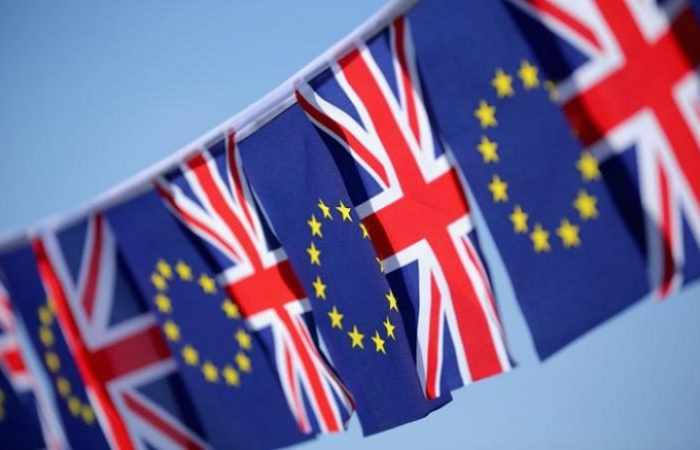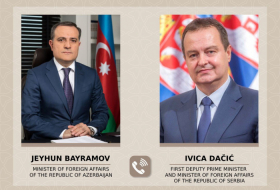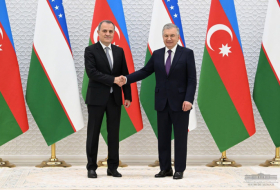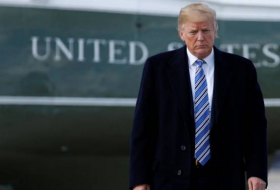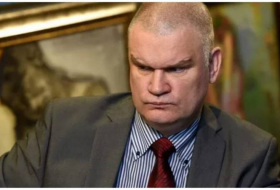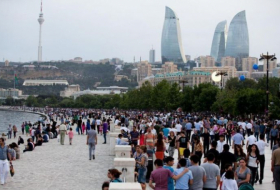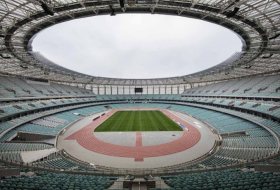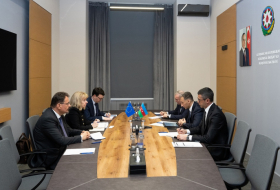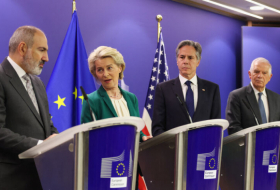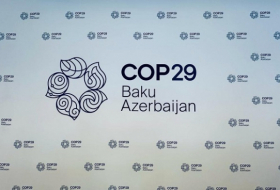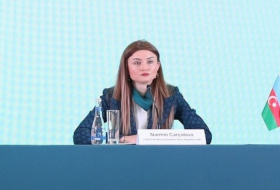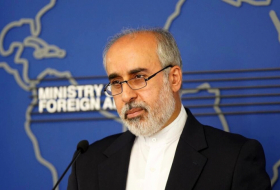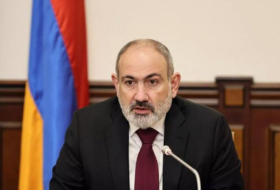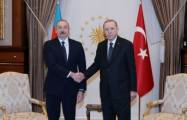The UK had at one time wanted the agreement on citizens to be limited to people who moved to the UK before 29 March 2017, when Theresa May triggered article 50.
The EU also insists that the UK will only continue to enjoy the benefits of trade agreements with non-EU countries unless “authorised” by Brussels. The UK will also effectively be kept to the terms of the common fisheries policy, as previously revealed by the Guardian.
It is understood that the EU is not willing to commit to settling the terms of a transition deal by March, as hoped for by the UK.
Senior EU officials told the Guardian they were only cautiously confident of getting agreement by “the first half of the year – if we don’t run into substantive difficulties”.
EU sources said May was nevertheless likely to accept the terms, knowing that the greater victory lies in making ground on the UK’s demands over the future relationship.
However, the Guardian has learned that repeated representations have been made to EU officials by Oslo over their fears that an overly generous offer to the UK will fuel calls in Norway to renegotiate its ties with the bloc, according to senior diplomatic sources.
The Nordic intervention presents a fresh hurdle for Theresa May’s aim of delivering a “deep and special partnership” with the EU that goes beyond the scope of a Canada-style free trade deal, an arrangement under which significant barriers to trade in goods and services remains.
Norway makes larger financial contributions to the EU per capita than the UK and accepts free movement of people in order to have access to the single market. But it has no decision-making role in Brussels’ institutions.
Norway’s Eurosceptic Centre party, which wants to pull the country out of the European Economic Area in favour of a free trade deal, doubled its vote in last year’s election. Although there is a general consensus in favour of EEA membership among the other main parties, the junior member of the current coalition government, Progress, has pushed for a renegotiation in the past.
A senior official said: “[The Norwegians] are following this very closely to make sure that we are not giving the UK a much more favourable deal.”
EU officials fear, in the first instance, Norway could become more demanding in future talks over a fisheries arrangement once the UK pulls out of the common fisheries policy and tri-lateral negotiations over access to seas and quota sizes begin.
A spokesman for the Norwegian government declined to comment.
With officials on both sides of the Channel gearing up for a year of tough negotiations on a transition period and future relationship, positions are being crystallised in EU capitals and in Brussels about the future. The Guardian can further reveal:
France is fighting off attempts by Luxembourg, among other countries, to allow UK-based financial services a “backdoor” to single market access post-Brexit by allowing City of London firms to gain so-called “passporting” rights through continental shell companies allowing real operations to continue in the UK. The internal row is viewed by EU officials as a precursor to a more divisive debate within the 27 over what to offer London on financial services, with senior officials warning that, as it stands, the EU will “not go very far”.
Brussels is not making preparations for a second UK referendum, with senior officials regarding it as highly improbable. In the event of a remain vote, however, key member states would probably seek to legally bind the UK into not calling a third referendum in the foreseeable future, officials believe.
Member states have ruled out allowing British carriers the freedom to fly passengers and luggage between destinations on the continent post-Brexit, with UK carriers to be permitted only four of the nine “freedoms” to operate they currently enjoy. There are also plans in the negotiations on fisheries to link access to British waters for EU vessels with access to the European market for UK importers.
EU leaders are taking control of the talks on the future trading relationship and are expected to incorporate stricter enforcement mechanisms than in any trade deal previously signed to ensure a “level playing field” in terms of levels of tax and state aid.
The EU’s tough stance, largely led by France and Germany, will cause dismay among UK ministers. During a visit to Berlin last week, the chancellor, Philip Hammond, beseeched leaders to signal “a willingness to work together” and described the EU as “paranoid” about the consequences of giving the UK a special deal over the weekend.
However, in Brussels it is the mood music coming from London that is causing concern ahead of talks on the transition period that will come once the European council has adopted negotiating directives on 29 February.
Downing Street’s Brexit adviser, Olly Robbins, suggested in a recent cabinet meeting that the UK would operate on three levels post-Brexit with the EU, with some sectors being entirely free from Brussels regulation while others were fully converged to allow frictionless trade. In a third “basket” of sectors, the two sides could share the same goals but “achieve them through different means”.
One senior EU official said: “It’s what we always thought the UK would be going for and that’s why we have been quite clear that we don’t think that it is on.”
More about: #Brexit








